Turner Veterinary Clinic News
An Immunized Pet is a Healthy Pet
It's August, which means that National Immunization Month is here. Just like people, animals need vaccines to protect them from the devastating effects of several contagious diseases. Keeping up with your pet's regularly scheduled vaccines is one of the most important things you can do to ensure her long-term good health. This is true even if she mostly stays inside. Many serious animal illnesses are spread through airborne contact, which means your pet could pick up a virus through an open window. Germs can also spread quickly among unvaccinated pets in places such as grooming salons, boarding kennels, and dog parks.
Essential and Optional Vaccines for Cats and Dogs
The feline distemper shot, also called the FVRCP, protects cats against the serious and highly contagious diseases of Feline Viral Rhinotracheitis, Calicivirus, and Panleukopenia. The canine distemper shot, also called the DHPP, protects your dog from Distemper, Hepatitis, Parainfluenza, and Parvovirus. Most states also enforce mandatory rabies vaccinations for both cats and dogs.
For cats, Dr. Huelsbergen may recommend a vaccine for Bordetella, Chlamydia, Feline Immunodeficiency Virus (FIV), Feline Infectious Peritonitis (FIP), and Feline Leukemia based on your cat's lifestyle, breed, and other factors. For dogs, he may advise you to get a vaccine for Bordetella, Canine Influenza, Canine Virus, Leptospirosis, or Lyme Disease. Dr. Huelsbergen always takes your feedback into consideration when making these recommendations.
Kittens and puppies should start their FVRCP or DHPP series between six and eight weeks of age. This involves getting the original dose followed by several boosters to ensure strong immunity. If your adult cat or dog is behind on his shots, we can get him caught up at Turner Veterinary Clinic. We are happy to discuss your pet's vaccination schedule at his next well visit exam, by phone, or through electronic messaging.
Pets Need Exercise Too
Did you know that July is National Recreation and Parks Month? Although this awareness campaign is directed at getting humans to exercise and enjoy the great outdoors, it's important to remember that pets also need physical activity. Besides keeping his weight at a healthy level, regular exercise helps to decrease digestive disorders, joint problems, diabetes, heart issues, and other serious health concerns for the animal member of your family.
Exercises for Dogs and Cats
Dogs who don't get enough exercise may engage in destructive behavior to burn off their excess energy. One easy way to make sure your dog gets enough physical activity is to take her for a walk each day. Throwing a ball in the park, swimming, or setting up an obstacle course in the backyard are additional ways to see to it that your dog has fun while getting the exercise she needs.
Cats are naturally less active than dogs and tend to prefer sleeping to movement, especially as they age. To ensure that your cat stays trim and healthy, set aside at least 15 minutes each day to play with him. Some favorite cat games include batting at string, chasing the light from a laser pointer, and pouncing on a toy mouse. Making the time to engage your cat in play also helps to increase your bond with him.
Ask Us for Diet and Exercise Recommendations
Please schedule an appointment with Dr. Huelsbergen before making any significant changes in your pet's diet or exercise routines. He will evaluate your dog or cat's current health and offer suggestions to get more exercise. If you're still stumped for how to get your pet moving more, remember that we stock a variety of toys for dogs and cats in the Turner Veterinary Clinic online store.
Still Don't Have a Microchip for Your Pet?
It only takes a few seconds for your pet to be lost forever, like when you're busy with other things and she slips out the front door to take off after a squirrel. The experience is so common that the American Humane Society estimates one in three pets will get lost at some point in her lifetime. That's over 10 million pets every year who can't find their way home. In many cases, it's because the pet didn't have proper identification. Even a collar with current contact information on it can catch on a fence or come off by the pet's own force.
What is a Pet Microchip?
Even though June is National Microchip Month, people often have misconceptions about what a microchip is and what it can do. A microchip is about the same size as a grain of rice. When a veterinarian or someone from your local Animal Control scans your pet, the information contained on the microchip appears on a computer screen. This typically includes the pet's name, your name, and your current contact information. This makes it possible to contact you to let you know that your pet has been located.
A microchip is not the same thing as a Global Positioning System (GPS). That means you can't rely on it to let you know where your pet is if he gets away from you. It's also essential to register your microchip and keep your contact information updated. There is nothing sadder than discovering a pet has a microchip and then not being able to reach the owner due to it containing invalid details.
Schedule Your Pet's Microchip Appointment Today
The procedure to get a microchip is fast, inexpensive, and painless at Turner Veterinary Clinic. Dr. Huelsbergen inserts the tiny device in a flap of skin under your dog or cat's shoulder blade. It's over in seconds and your pet won't feel any more discomfort than she does with a typical shot. Although a microchip isn't an absolute guarantee you will be reunited with your lost pet, it increases the odds dramatically. It's the least you can do for your best friend.
Categories
Recent Posts
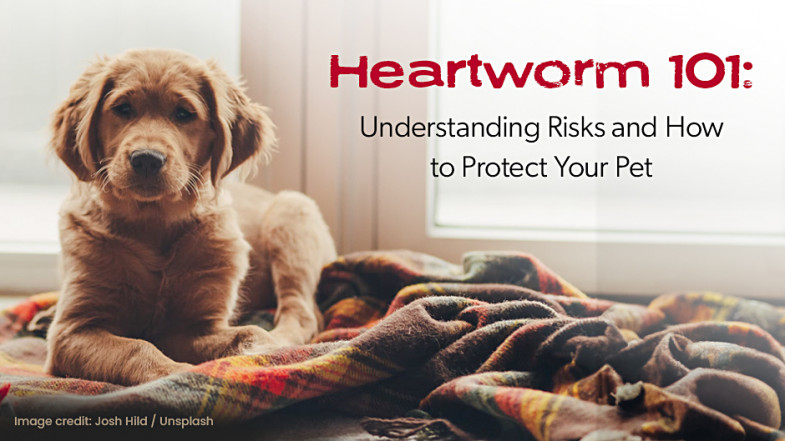
Among the various health risks that pets face, heartworm disease stands out as a particularly insidious threat. This disease can have devastating effects on your pet, and yet, it is preventable. This article will delve into heartworm disease and stress the importance of proactive prevention.
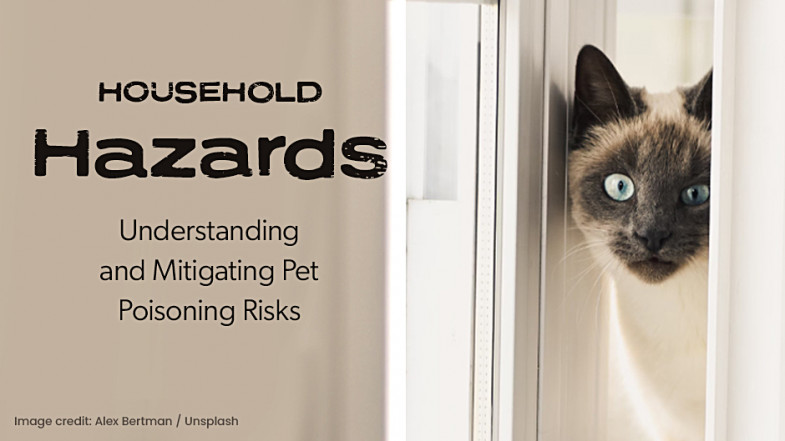
Owning a pet offers immeasurable joy, companionship, and love. However, it also comes with the responsibility of ensuring their safety and well-being. Many common items found in our homes could pose significant poisoning risks to our furry companions. By understanding these hazards and how to prevent them, we can create a safer environment for our pets.
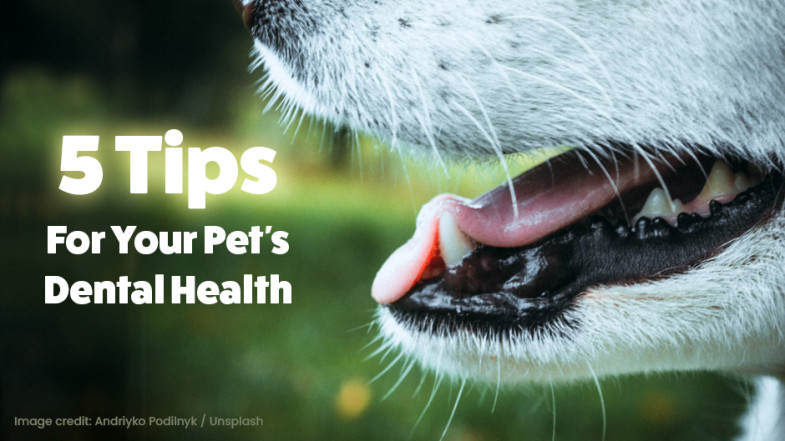
We all wish for our furry friends to live happy, healthy lives by our sides. But often overlooked in pet care is a critical area that affects their overall well-being: dental health. Just like us, pets' teeth need regular attention to prevent discomfort, disease, and systemic health issues. In this article, we'll provide you with five essential tips to give your pet the sparkling, healthy smile they deserve!
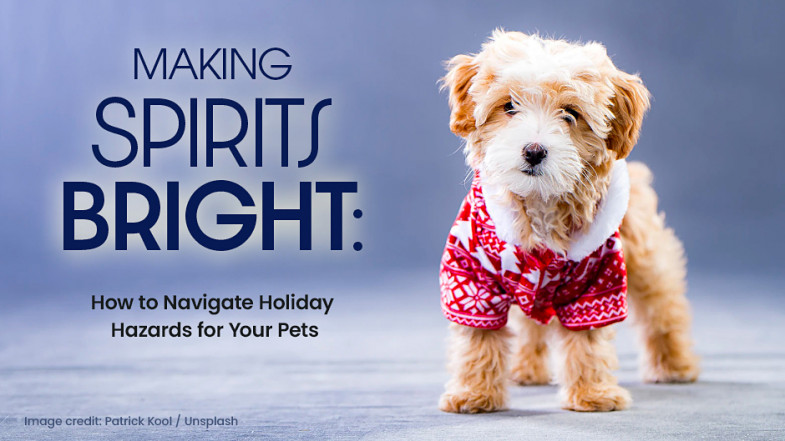
The holiday season is a time of joy and celebration, but it can also bring unexpected challenges for pet owners. As a veterinary team, we've seen our fair share of holiday-related pet emergencies, from tinsel ingestion to Christmas tree accidents. But with a little bit of preparation and foresight, you can help keep your pet friends safe and healthy this holiday season. In this blog, we'll share some common holiday hazards for pets and offer practical tips for avoiding them.
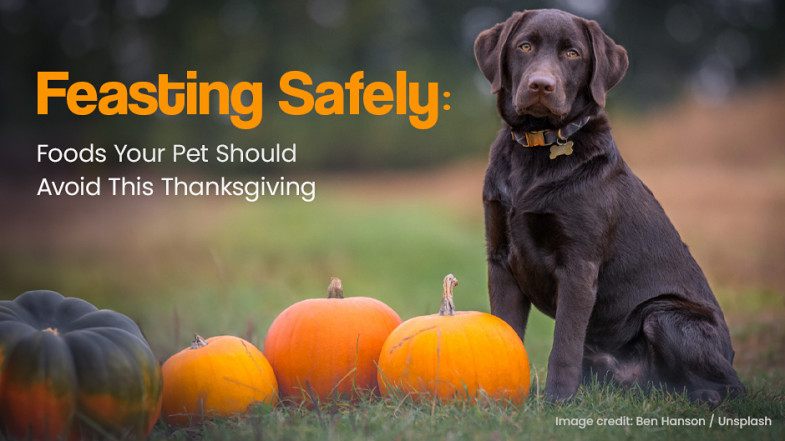
As Thanksgiving approaches, we all prepare to indulge in festive treats and a hearty Thanksgiving meal. But as pet owners, we must remember that our furry friends should not indulge in the same way. This Thanksgiving, we have compiled a list of foods your pet should avoid. Read on to learn how to keep your pets safe while you enjoy a delicious feast.